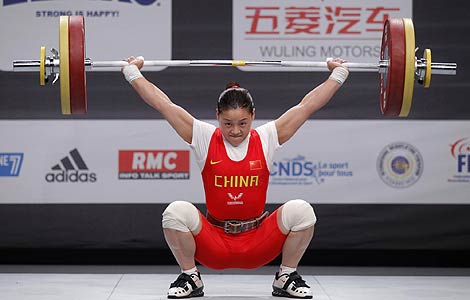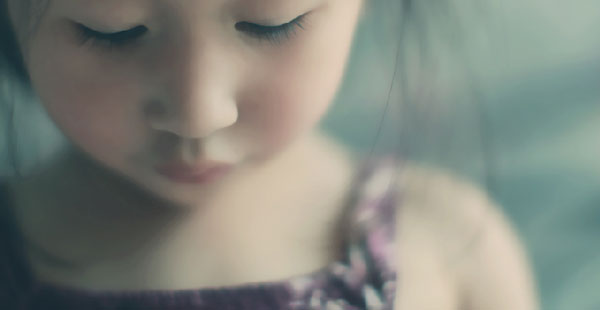The splendor of gender
Updated: 2011-10-26 07:56
By Sun Li (China Daily)
|
|||||||||
Actress Wang Peiyu has an honorable Peking Opera title - contemporary China's first nu lao sheng - but she is clearly uncomfortable with it.
|
Actress Wang Peiyu is a master at playing male roles. [Zou Hong / China Daily] |
"Don't get me wrong, I deeply appreciate the recognition of audiences," the 33-year-old artist says of the role that has a female playing a middle-aged or elderly man, respected for his sagacity and wisdom.
"I just think the title is not appropriate," she says, pointing out that the addition of nu (female) to lao sheng (literally, old man) is an unnecessary emphasis on the gender of the artist.
Wang explains that female Peking Opera performers appeared on stage in the late Qing Dynasty (1644-1911). But since performing troupes then did not allow men and women to mix, the all-women troupes had to have the actresses playing the male roles too.
"Toady, the title nu lao sheng is really intended to lure audiences to watch cross-dressing actresses," Wang says.
Born and raised in Suzhou, Jiangsu province, Wang first studied pingtan, a traditional form of storytelling and ballad singing.
Encouraged by her uncle, an amateur performer of Peking Opera, Wang began to take to it at 11, and specialized in playing the lao dan (old woman).
"But I didn't feel right dressing in the exquisite and colorful clothes of the lao dan roles," Wang says, adding she always liked to dress like a boy and play with boys, as a child.
It was a veteran lao sheng performer, Fan Shiren, who advised her to learn this role, after watching one of her performances.
"I was told that I had a natural gift for the lao sheng role, who always occupies center stage, while the lao dan is merely a supporting role," Wang says.
"The desire to be under the spotlight finally won," she says with a smile.
Wang credits her talent to scale a rich vocal range that can handle contralto well and a certain panache, for her success as a lao sheng.
It was these talents that enabled her to enter Shanghai Academy of Drama at 14, becoming the first female student to play male roles, admitted since the 1950s.
By the time she was 20, Wang had won every Peking Opera competition that she could enter.
 |
She was hired by the Shanghai Peking Opera Troupe when she was 22, and three years later became its youngest vice-president.
Dismissing the challenges of playing a man, Wang says, "It didn't bother me as I received formal training on how I should raise my hand, where I should look, how I should walk, and at what pitch I should sing.
"Everything was strictly formulated for the lao sheng role, regardless of gender."
Wang adds that the systematic training helped performers overcome the age barrier, and confidently present characters much older than they are.
But she does admit to having to work harder than the male performers.
"For example, as a woman it is much more exhausting to perform scenes that require the artists to circle the stage while singing," she says. "I had to practice a lot more than men to maintain a steady breath."
Du Zhe, a lao sheng specialist with the National Academy of Chinese Theater Arts, while agreeing, also believes women have some advantages in playing lao sheng.
"Elaborate make-up is often required to emphasize a certain type of lao sheng who is refined and scholarly. Women need less time to come up with the required effect," Du says.
Off stage, Wang is known for her trademark spiky hair, slim figure, and stylish two-piece suits.
Many compare her to Li Yuchun, a Super Girl star characterized by her gender neutral looks.
Wang is aware of her growing appeal and says she doesn't mind being treated as a pop idol. "I will take advantage of it to broaden the appeal of Peking Opera."












